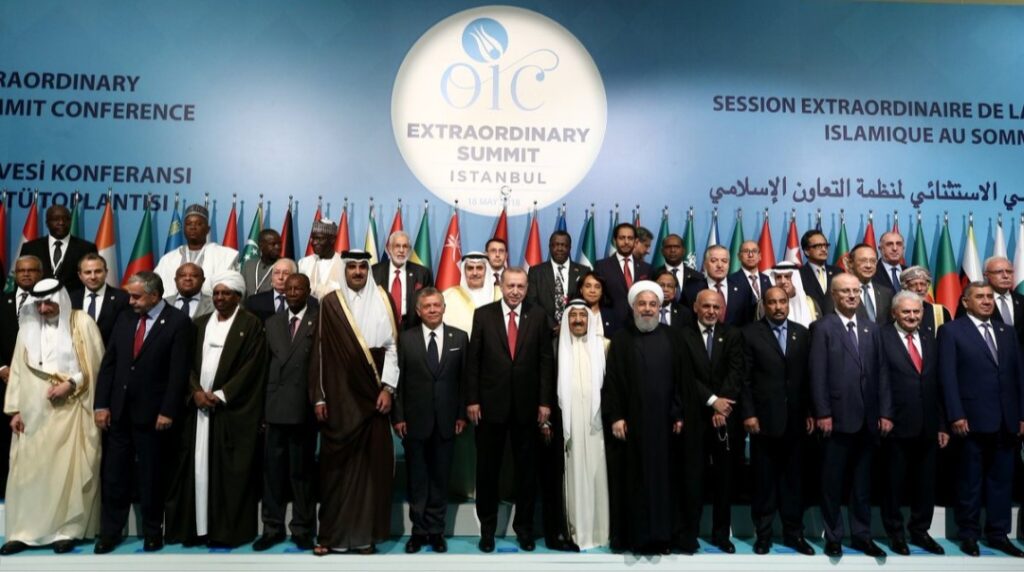Both India and China “agreed to resolve the existing situation peacefully” after talks through videoconference
China has demanded a withdrawal of Indian personnel and facilities from Galwan Valley. This was conveyed at the Corps Commander talks on June 6 and June 22, officials from China’s People’s Liberation Army (PLA) and the Ministry of Foreign Affairs (MFA)said on Wednesday.
The statements from Beijing came as both sides “agreed to resolve the existing situation peacefully,” following talks held through videoconference on Wednesday under the Working Mechanism for Consultation and Coordination on border affairs.
The Ministry of External Affairs (MEA) said both sides “discussed in detail the developments in the India-China border areas in particular the situation in Eastern Ladakh.” India “conveyed its concerns” on the June 20 face-off that claimed the lives of 20 Indian soldiers and “emphasised that both sides should strictly respect and observe the Line of Actual Control (LAC)”, it stated.
China’s statements, however, pointed to sharp differences on where the LAC lies in Galwan Valley. The valley begins from the confluence of the Galwan and Shyok rivers, and the LAC that both sides had been observing runs east of the confluence, in the valley. China, however, is demanding an Indian withdrawal from the entire valley and limiting India’s presence to the “Galwan estuary”, where it meets the Shyok. Wednesday’s statements from Beijing appeared to describe the LAC at the “estuary” of the river.
Claims untenable: MEA
The MEA said last week China’s claims over the entire valley were “exaggerated” and “untenable”.
At Wednesday’s talks, the MEA said both sides agreed to “sincerely implement the understanding on disengagement and de-escalation that was reached by the Senior Commanders” and that doing so “expeditiously” would “help ensure peace and tranquillity in border areas and the development of broader relationship between the two countries.”
The MFA, in a statement, said both sides would “actively cooperate with the armed forces of the two countries to implement the consensus from the two rounds of military leaders’ talks on June 6 and 22 , strengthen communication and coordination between military and diplomatic channels, and peacefully resolve relevant issues in border areas through bilateral dialogue and consultation.”
The talks were led by Naveen Srivastava. Joint Secretary (East Asia) in the MEA, and Hong Liang, Director General of the Department of Boundary and Oceanic Affairs of the MFA.
At the same time, the MFA and the Defence Ministry, in separate statements, accused India of breaking the agreement of June 6, and claimed India had committed to not patrolling in the valley or building facilities there. The Defence Ministry said India “should bear full responsibility for the incident that was solely and completely triggered by its breach of consensus and unilateral provocations” and “demanded the Indian side severely punish those who should be held accountable, strictly discipline its front line troops so as to ensure that such incidents do not happen again.”
MFA spokesperson Zhao Lijian said, “It is the Indian side that went against the bilateral agreement. The Indian side at first agreed to withdraw personnel from Galwan Valley which it did, and it dismantled its facilities as requested by the Chinese side. During the first Commander meeting on June 6, the Indian side committed to no trespassing of the Galwan Valley for patrolling and for building. The two sides agreed to set up observatory posts at the two sides of the Galwan river estuary, but the Indian side went against this agreement and asked China to dismantle China’s posts, and also crossed the LAC,” which, he said, led to the clash.
had been observing has been east of the confluence near Patrolling Point 14, where the clash occurred.
China’s Defence Ministry spokesperson, PLA Senior Colonel Wu Qian, repeated China’s claim that “it has sovereignty over the Galwan Valley region.” “Over the years, the Chinese border troops have been patrolling and guarding this region,” he said. “Since April this year, the Indian border troops have unilaterally built facilities along the LAC in the Galwan Valley. The Chinese side has lodged representations and oppositions to the Indian side many times. In the early morning of May 6, the Indian border troops trespassed into China’s territory, built fortifications and barricades, and impeded the patrol of Chinese border troops, in an attempt to unilaterally change the status quo of border control and management. The Chinese border troops have been forced to take necessary measures to respond to the situation on the ground and strengthen management and control in the border areas”.
At the Corps Commander level meet on June 6, he said, both sides “reached consensus on easing the situation through concrete measures”. “The Indian side promised that they would not cross the estuary of the Galwan river to patrol or build facilities, and the two sides would discuss and decide phased withdrawal of troops through the meetings between commanders on the ground. Shockingly, on the evening of June 15, India’s front-line troops, in violation of the agreement reached at the commander-level meeting, once again crossed the LAC for deliberate provocation, and even violently attacked the Chinese officers and soldiers who went there for negotiation, thus triggering fierce physical conflicts and causing casualties”.
India, however, has stressed that it its troops did not cross the LAC and that the clash was triggered by China breaking the June 6 consensus and erecting structures on India’s side of the line. India has said that it was the Chinese side that attacked Indian troops in a “premeditated” manner, following a dispute over a tent set up by China on India’s side of the LAC.
Senior Colonel Wu also claimed that the Defence Ministers of the two countries had been in communication over phone following the incident, but a Ministry of Defence spokesperson in New Delhi said “no such conversation took place.”
(With inputs from Dinakar Peri, The Hindu)





